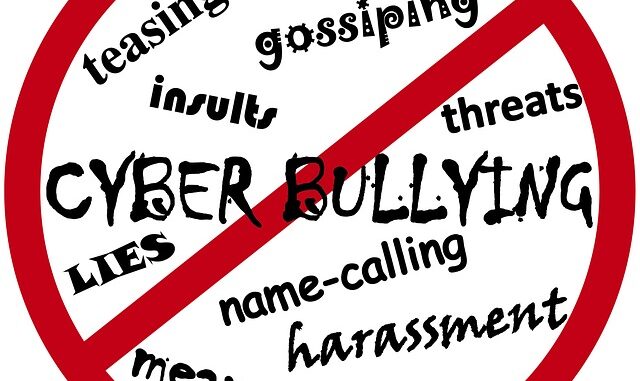
As children across the UK return to school after summer break, many will be excited to reunite with friends and classmates. While it’s an exciting time, it can also be daunting for parents who naturally have the safety and welfare of their child front of mind. In the era of social media, the conversation surrounding cyberbullying has never been more important
It’s vital that parents think about ways to navigate and address this important topic, as research from McAfee, a leader in online protection, shows that that UK children lack an understanding of cyberbullying, while nearly 60% have been cyberbullied by someone they know. It also highlights that children could be a perpetrator, even if they don’t know it.
What to do when your child faces cyberbullying:
- Turn to experts – reach out to organisations, such as the National Bullying Helpline, to gather resources and knowledge about the mental health effects of bullying on children.
- Create an environment of open and honest communication within your connected family – Demonstrate to your children that you understand these experiences can happen online, and that you will serve as a source of support and protection in their time of need.
- Produce a family plan in the event of cyberbullying – Unfortunately, cyberbullying can occur to any child with a digital presence. Ensure your family has a plan in place that has been communicated to the children themselves who experience life online and are at risk.
- Educate yourself and children on what it really means to cyberbully – relay the message that making a joke at someone else’s expense or name calling online are types of bullying and understand that today’s definition of cyberbullying is evolving.
- Take action to protect your connected family – Internet security like McAfee or others have family plans include parental controls to help protect your children from inappropriate online behaviour, apps and content and build good digital habits.
Thanks to McAfee
